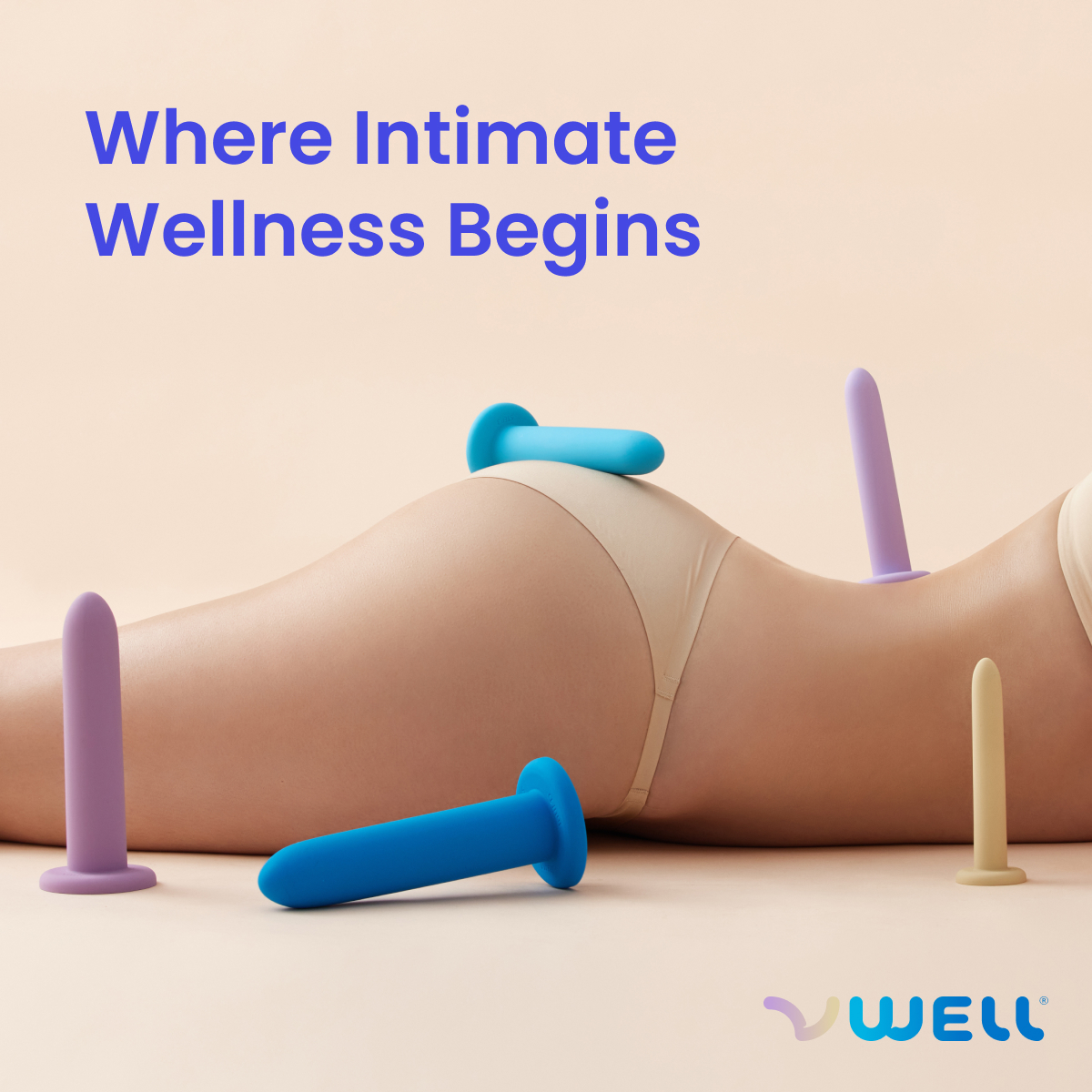Breaking Cultural Taboos about Feminine Health

Have you ever thought about how differently feminine health and hygiene are addressed around the world? Most cultures hold a taboo attitude to the discussion of various topics regarding bladder control, pain with sex or while menstruating, or proper usage of supplies during a woman’s period.
I am passionate about going in the direction of reversing the cultural taboo on the discussion of feminine health topics, because your uterus and bladder are just as functionally important as your brain or stomach. Why then should we be embarrassed when discussing menstrual pains in contrast to a stomach ache or migraine?
I believe this is the case because women’s health concerns do not affect both men and women similarly the way an ACL tear or carpal tunnel syndrome would impose impairments on both sexes.
My first step toward reversing the cultural taboo is education. Education on basic reproductive health, the menstrual cycle, and how to properly use menstrual products is an effective way to appropriately and compassionately open the doors to discussion of women’s health topics while also helping women feel more comfortable and autonomous with their own bodies.
The diverse selection of menstrual products and access to reproductive health education in the United States are not always available to women in various other countries. For instance, the availability of tampons in my place of ethnic origin, the Philippines, is scarce due to cultural, religious, or other opinions that steer women away from the use of tampons.
Living in a supportive community of refugee acceptance that values diversity, I have been lucky to work with immigrant and refugee groups in the St. Louis, Mo., area such as Vitendo4Africa and the International Institute of St. Louis. My efforts have sought not only to increase education, but also to comfort women who want to know more about their bodies and have questions about what the United States has to offer in terms of menstrual products and their safe use.
I’ve also been able to teach some self-management techniques about how to address menstrual pains such as the importance of light exercise during your period, the use of a heat pad on the abdominal or back regions, and, of course, the option to indulge your cravings for moderate portions of your favorite treat.
I plan to continue growing my passions for women’s health and to practice pelvic and abdominal physical therapy upon receiving my DPT. Reversing the cultural taboo and helping women feel more comfortable and autonomous with their bodies are personal passions I would love to share with others so we all can develop professionally and personally.
Reversing cultural taboos about feminine health does not require you to travel to and educate those in a different country. Reach out to your local community organizations to see if they could use your voice and compassion to educate others on important feminine health topics.
Furthermore, be open to engaging in conversation with men and women about various feminine health topics of which both should be aware. Allow yourself to share your passion with others as a way to provide a comfortable, informative environment for a woman to embrace autonomy over her body, feel beautiful, and always cared for!
AUTHOR: Christina Vivit, SPT, is a student in the class of 2019 at Saint Louis University.


